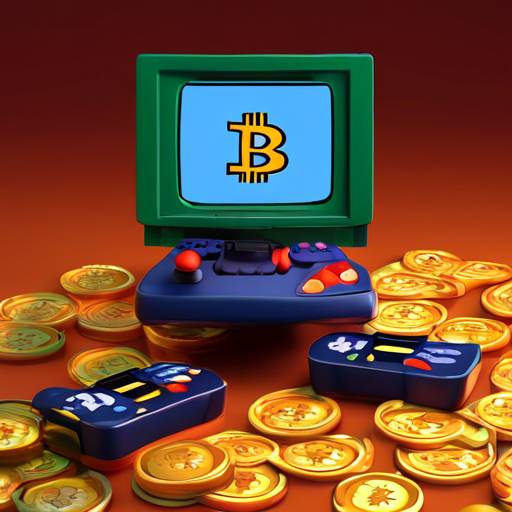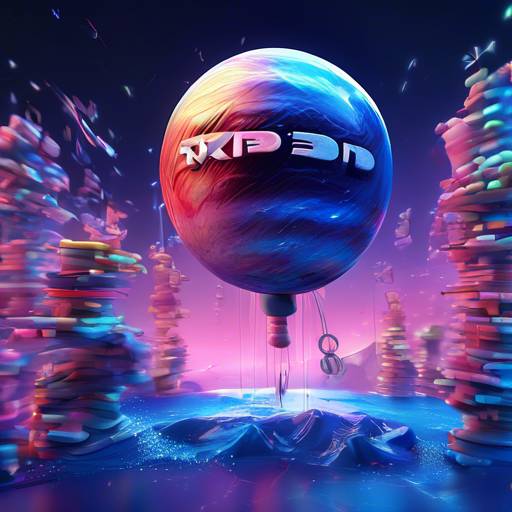Fresh off building a Super Nintendo Entertainment System (SNES) on the Bitcoin blockchain, the Ninjalerts team has now inscribed a Nintendo 64 (N64) emulator on the network. This allows users with compatible game files to play N64 games in their browsers. The integration of the Brotli compression algorithm and recent enhancements made to Ordinals have made it possible to reduce file sizes by approximately 80%, reducing the number of Bitcoin blocks needed for the inscription. The N64 inscription cost the Pizza Ninjas project $5,000 at 25 sats per virtual byte (vbyte) due to current fees on the network. The focus on the N64 is because it was the last major console before DRM became more prevalent.
The Ninjalerts team, known for building a Super Nintendo Entertainment System (SNES) on the Bitcoin blockchain, has announced their latest project: inscribing a Nintendo 64 (N64) emulator on the network. This means that users who have compatible game files can now play N64 games directly in their web browsers. The emulator is inscribed on Ordinal Inscription 61,648,429, just like the SNES project.
Thanks to the integration of Google’s Brotli compression algorithm and recent enhancements made to Ordinals, Ninjalerts has been able to reduce file sizes by approximately 80%. This reduction in file size means that fewer Bitcoin blocks are needed to inscribe the N64 emulator.
Previously, congestion on the Bitcoin network has been a concern. For example, when Taproot Wizards inscribed the Quantum Cats collection on the blockchain, it took up 10MB or ten blocks and cost $66,000. In contrast, inscribing the N64 emulator cost only $5,000 at 25 sats per virtual byte (vbyte) due to current network fees.
The focus on the N64 for this project is because it was the last major console to use cartridges before CDs became the standard. The team is unlikely to inscribe newer consoles or Playstation 1 due to legal concerns surrounding Digital Rights Management (DRM).
Overall, the inscribing of the N64 emulator on the Bitcoin blockchain represents another step forward in the preservation of gaming history and showcases the innovative possibilities that arise from integrating blockchain technology with gaming.





 By
By
 By
By
 By
By

 By
By